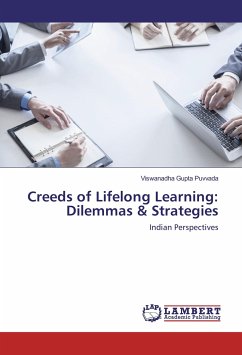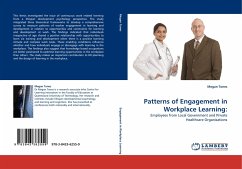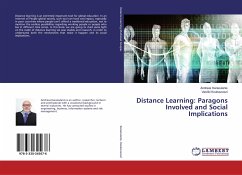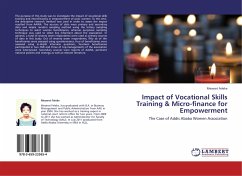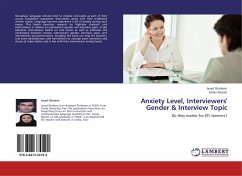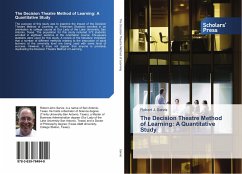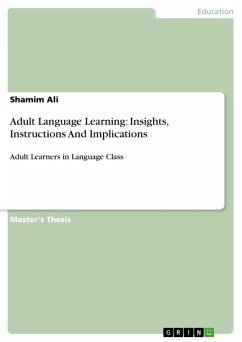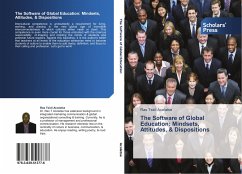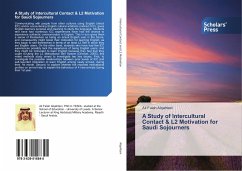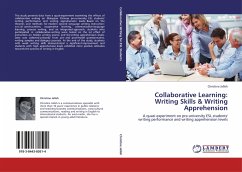
Collaborative Learning: Writing Skills & Writing Apprehension
A quasi-experiment on pre-university ESL students' writing performance and writing apprehension levels
Versandkostenfrei!
Versandfertig in 6-10 Tagen
52,99 €
inkl. MwSt.

PAYBACK Punkte
26 °P sammeln!
This study presents data from a quasi-experiment examining the effects of collaborative writing on Malaysian Chinese pre-university ESL students' writing performance and writing apprehension levels. Based on the theories and methods for modern second language writing instruction: social constructivism, cooperative learning, communicative language learning, process writing, and an integrated approach, students who participated in collaborative writing were tested on the (a) effect of instruction on holistic writing scores; and (b) writing apprehension levels. Data was collected primarily from p...
This study presents data from a quasi-experiment examining the effects of collaborative writing on Malaysian Chinese pre-university ESL students' writing performance and writing apprehension levels. Based on the theories and methods for modern second language writing instruction: social constructivism, cooperative learning, communicative language learning, process writing, and an integrated approach, students who participated in collaborative writing were tested on the (a) effect of instruction on holistic writing scores; and (b) writing apprehension levels. Data was collected primarily from pre- and post-model questionnaires, writing samples and dialogue journals. At the end of the study, students with weak writing skills demonstrated a significant improvement and students with high apprehension levels exhibited more positive attitudes towards the process of writing in English.



